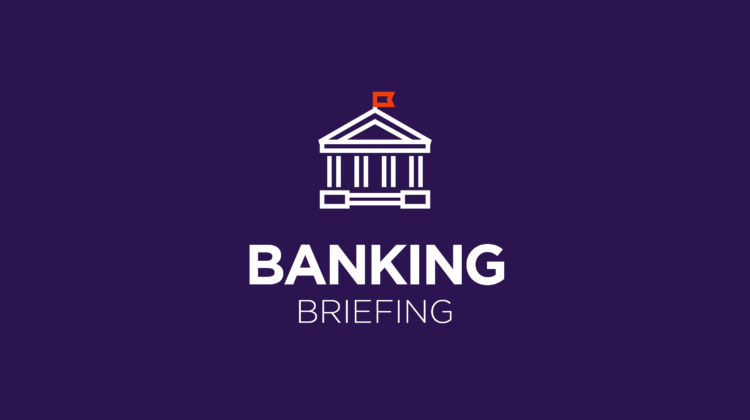Member Exclusive, New banks
Banking Briefing: More eyes on core banking software
- Core banking software may not have been as scrutiny-grabbing as BNPL or crypto, but now that the industry is growing, the CFPB is taking notice.
- Meanwhile – what’s up with Apple’s recent acquisition of Credit Kudos? And just how do banks play a role in consumers’ mental health?








